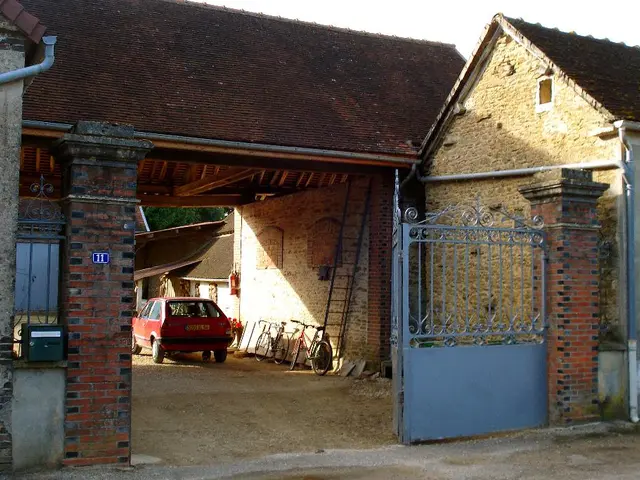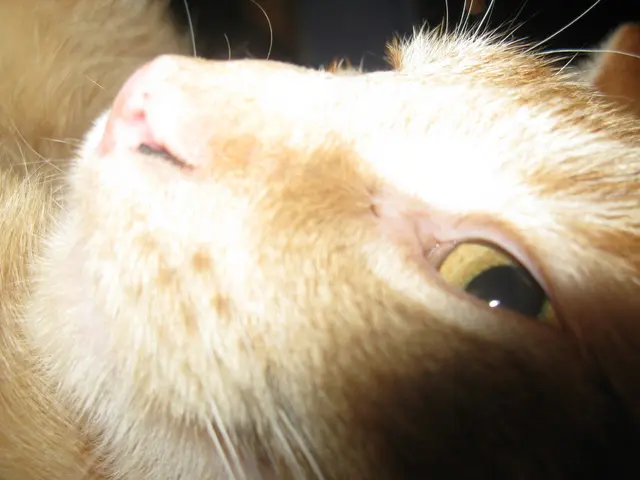Lithuania's Fortifications: Dragon's Teeth, Concealed Military Units, and Woodland Strongholds
Lithuania, a small Baltic nation, is bolstering its defence strategy in response to growing uncertainties in Eastern Europe. Dubbed "Fortress Lithuania", the strategy involves a combination of Cold War tactics and modern technology, aimed at repelling hybrid threats along its border with Belarus.
The defensive measures include the deployment of dragon's teeth, bunkers, and special forces in secret positions. The forest line, a central element of the strategy, features camouflaged positions, drone surveillance, and satellite reconnaissance. This defensive line is being implemented along Lithuania's border with Belarus.
Over 70% of the Lithuanian population supports measures to strengthen defence. The country's strong determination to protect its sovereignty is evident in the widespread support for these defensive measures.
A new operational reserve consisting of professional soldiers and trained volunteers forms a central pillar of the defensive strategy. This reserve is designed to respond swiftly and effectively to any potential threats.
The Lithuanian Ministry of Defence is intensifying cooperation with NATO partners, particularly Germany and Poland, in strengthening defence. Germany is stationing a brigade of around 5,000 soldiers in Lithuania by 2027, as part of NATO's enhanced forward presence. Additionally, NATO members including the United States, Canada, and 13 other countries participate in joint exercises and defence cooperation, underscoring a broad transatlantic alliance commitment to Lithuania's security.
Germany and Poland also provide logistical and intelligence support to Lithuania's defence efforts. The partnerships and collaborations are crucial in enhancing Lithuania's defence capabilities.
It is important to note that the defensive strategy does not specify the nature of the hybrid threats it is designed to repel. However, the Lithuanian population and its allies remain vigilant in the face of these uncertainties.
In conclusion, Lithuania's defensive strategy, Fortress Lithuania, is a testament to the nation's resolve to protect its sovereignty. The strategy, which combines Cold War tactics with modern technology, is supported by the majority of the Lithuanian population and backed by a broad transatlantic alliance. The country continues to work closely with its partners to strengthen its defence and maintain peace in the region.
Read also:
- Peptide YY (PYY): Exploring its Role in Appetite Suppression, Intestinal Health, and Cognitive Links
- Easing Pedestrian Traffic Signal Pressure
- Astral Lore and Celestial Arrangements: Defining Terms & In-Depth Insights - Historical Accounts & Glossary of Cosmic Mythology
- ICE directed to enhance detention conditions following NYC immigrants' allegations of maltreatment




